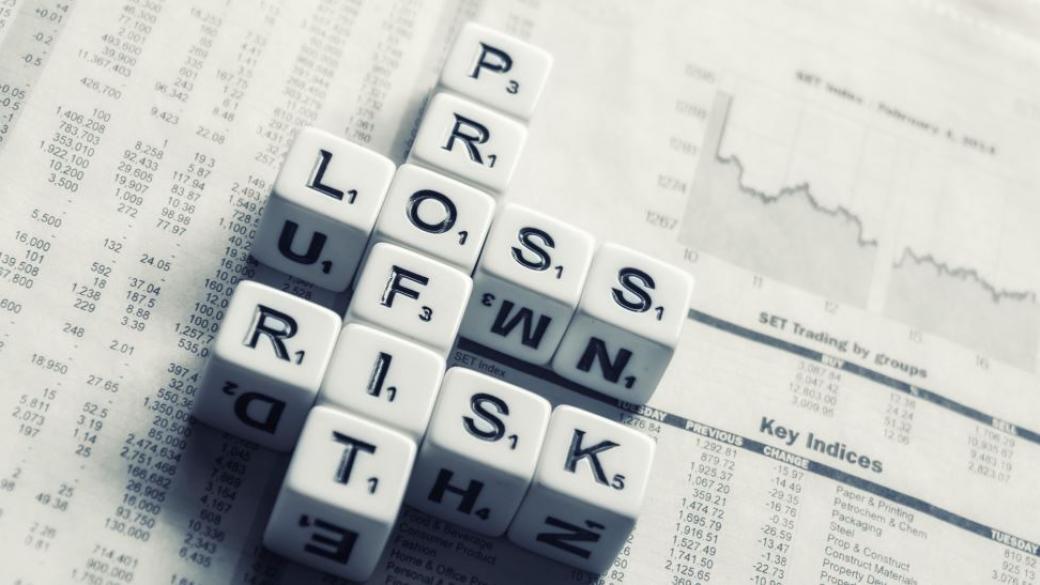In a Race With Risk.
The most important lesson of the pandemic for corporate management

© ECONOMIC.BG / Pixabay
About a year after the start of the COVID-19 pandemic, the lessons learned from owners and business managers are numerous. It is now clear to everyone that digitalization is key to sustainability, many have begun to look for ways to shorten supply chains, and electronic payments and other contactless technologies have been employed by many businesses.
Companies that had recognizable high-quality e-shops before the crisis have coped with the pandemic restrictions more easily. Others have urgently begun to build their online presence.
Digitalization is certainly key and will help many businesses become much more sustainable in the future. However, there is an even more important conclusion from the past months of crisis that companies must make. Risk forecasting, preparation and management is already of
key importance
to each and everyone of us. There is no business that can afford not to think about these issues, whether it is a local restaurant or a large manufacturing company that exports products to dozens of markets. Size and market segment really don't matter. What we have seen over the past twelve months is that a crisis can occur completely unexpectedly and affect virtually every aspect of the company's operations and the economy as a whole.
The crisis may be global, but it could also limited in scope - somewhere on the other side of the planet. A flood in Taiwan could disrupt chip production, affecting the operation of a car manufacturer in Europe. Or a ship stuck in the Suez Canal - to delay for a week shipments to Europe worth billions. And a contagion that originated from a food market in China could affect the entire world economy for a very long time. It is now clear that a crisis can come from “out of nowhere” and turn out to be global and all-encompassing.
What should we prepare for?
We live in a dynamically changing world in which the frequency and variety of crises are constantly increasing. A powerful computer virus, an attack on DNS servers or a “cloud” infrastructure somewhere in the world can lead to a global collapse of digital infrastructures. And these are just the risks associated with information technology. A strong solar eruption (as the one that has already occurred) could disrupt power transmission systems, shutting down production equipment. It is a good idea for many companies to consider backing up their data sets, but also their applications and systems, backup telecommunications connectivity and have at least some degree of energy independence. It is more difficult to predict the consequences of local military conflicts, protests and civil conflicts, an international embargo against a country, natural disasters or a new epidemic. However, all these possibilities must be taken into account and the ways in which they may affect our business must be considered.
The conclusion is: there is no longer a company that can afford not to be prepared. Many of the larger corporations have risk management policies. However, the smaller ones most often don’t. In them the resources are not enough, the time of the small team is not enough anyway, and often each employee and even the owner combine two or more positions. In addition, there is still a widespread belief that risks are the prerogative of government and that it is the institutions that must be prepared and protect society from all kinds of crises. To a large extent, they do bear this responsibility, but we have all witnessed that this is not enough.
In the post-Covid reality, risk forecasting and management is the
responsibility of everyone
from governments, through local authorities and private business, to households and individuals. Everyone needs to devote some resources to answer the most important questions: what are the risks that can interrupt my work; how long can we last if our cash flows stop for some reason; what alternative points of sale we have, etc. It is a good idea for larger companies to have a department or at least one employee who is responsible for forecasting all kinds of risks and for creating scenarios for the operation of the enterprise in various crises. It is important that the management of the company is familiar with and engaged in these scenarios. Even in small and micro companies, the team needs to be aware of what the potential risks to the business may be and what the consequences and damages would be.
How will a crisis affect the supply of key raw materials or products? What are the possibilities of the team to work from home, how can we be more flexible in reaching our customers. These, of course, are questions that businesses have been asking themselves for a long time. Good managers do a lot to optimize the work in the companies they manage and make them less vulnerable to various threats. However, the pandemic has taught us that the approach to risk forecasting needs to be much more consistent, proactive and up-to-date. Now, after three waves of the pandemic, most companies have already figured out the right work rhythm in these harsh conditions. The question remains how much the readjustment cost them in the first months. And also - what will be the losses if we go through another large-scale crisis like this one.

 Alexander Alexandrov
Alexander Alexandrov 